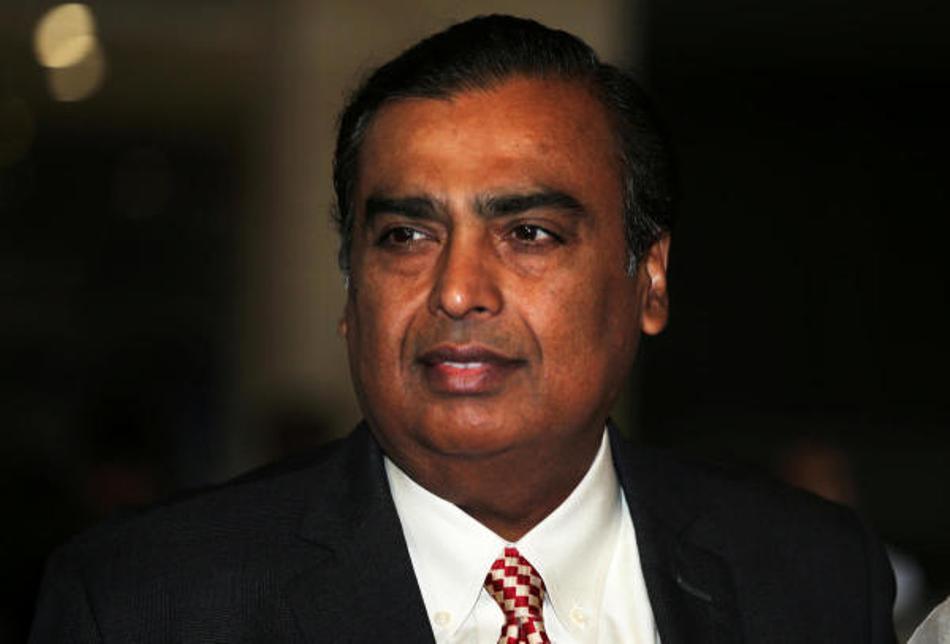Melvin Durai
My kids sometimes ask me if our family is rich or poor. “It depends,” I say. “Compared to many people living in the street, we are rich. Compared to Mukesh Ambani, we are poor.”
My kids ask me how rich Ambani is. “It depends,” I say. “Compared to us and 99.99 per cent of the people around the world, he is extremely rich. Compared to Jeff Bezos, founder of Amazon, he is … still quite rich.”
Ambani, chairman of Reliance Industries, has a net worth of more than `5 lakh crore. I hope he considers himself lucky to be one of the ten richest individuals in the world, but perhaps he goes to bed at night unhappy that he isn’t yet among the top five. Everything is relative, of course, even your relatives. Just ask the reporter who went to Chennai to interview close relatives of Kamala Harris, the Democratic nominee for vice president of the United States. Thousands of people showed up claiming to be close relatives.
Reporter: “How are you related to Kamala Harris?”
Excited man: “We are very closely related. Her mother was the second cousin of a man named Balachandran, who was the brother-in-law of my mother’s eighth cousin.”
Reporter: “That doesn’t sound very close.”
Man: “Whether you call it close or not is all relative. I am more closely related to Kamala than 99 per cent of Indians.”
Reporter: “Does she even know you exist?”
Man: “If you interview me, she will. I am hoping to receive an invitation to her inauguration.”
Reporter: “How happy will that make you?”
Man: “Relatively happy. Happier than all my relatives.”
So much of what we concern ourselves in life is relative or comparative. We are creatures of comparison, constantly comparing ourselves with other people — and also comparing other people with still others.
That’s why we love to make lists on the Internet and elsewhere, lists such as “100 richest people in the world,” “100 most influential people in the world,” and “100 closest relatives of Kamala Harris.”
In some fields, it’s absolutely necessary to compare yourselves with others. You are in direct competition with them. If you want to win Wimbledon, you had better compare yourself to Rafael Nadal, Novak Djokovic, Roger Federer and players of that caliber. You can’t be satisfied saying to yourself, “I am a relatively great tennis player, better than at least five billion people in the world who have never picked up a racquet.”
The same is true if you want to win an Olympic medal in track. You can’t be satisfied being faster than the middle-aged woman who runs every morning in your neighbourhood, chasing the bus while balancing a pot on her head. You need to be faster than the bus itself, when it’s going downhill at top speed. If you want to be selected for a top medical or engineering college, you had better be one of the top students. It’s not enough to be the most intelligent person in your extended family, especially if none of your relatives has ever heard of the theory of relativity.
But there are so many other areas of our lives where we don’t need to be the best. We can either be relatively good or relatively bad, depending on whom we compare ourselves with. If I want to feel relatively ugly, I can compare myself to models and actors. If I want to feel relatively attractive, I can visit the zoo and compare myself to the chimpanzees.
Of course, I know that the chimps are looking at me and making comparisons of their own.
First chimp: “Look at him. He’s going bald. I have more hair on my feet than he has on his head.”
Second chimp: “And look how thin his arms are! Poor guy – don’t they put enough food in his cage?”
